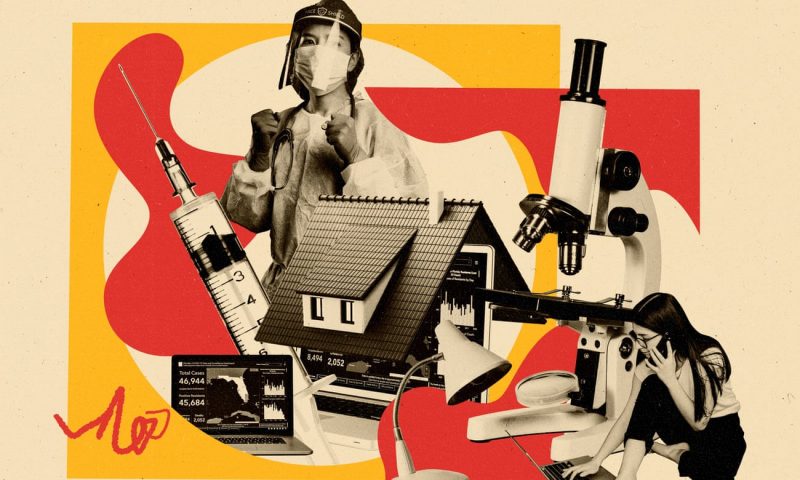
(Ian Sample/ The Guardian) — For scientists, 5 January was a turning point in the fight against the coronavirus. That day, a team led by Prof Yong-Zhen Zhang at Fudan University in Shanghai sequenced the genetic code of the virus behind Wuhan’s month-long pneumonia outbreak.
The process took about 40 hours. Having analysed the code, Zhang reported back to the Ministry of Health. The pathogen was a novel coronavirus similar to Sars, the deadly virus that sparked an epidemic in 2003. People should take precautions, he warned.
The Chinese government had imposed an embargo on information about the outbreak and Zhang and his co-workers were under pressure not to publish the code. The blackout couldn’t hold. On 8 January, news broke about the nature of the pathogen and was confirmed a day later by Chinese authorities. To sit on the code now seemed ridiculous.
Eddie Holmes, an evolutionary biologist at the University of Sydney, and a collaborator of Zhang’s, called him to push for publication. Zhang was buckling up on a flight bound for Beijing. As the plane left the runway, they two agreed to break the gagging order.
On 11 January Australia time, the day China announced its first official death from the infection, Holmes published the sequence on a website called virological.org. It was a crucial act for researchers around the world. Holmes calls it “ground zero for the scientific fight back against the disease”.
It was the beginning of a remarkable, unprecedented global effort to test, treat and ultimately vaccinate against Covid-19. As one scientist put it: “In the last 11 months, probably 10 years’ work has been done.” (…)